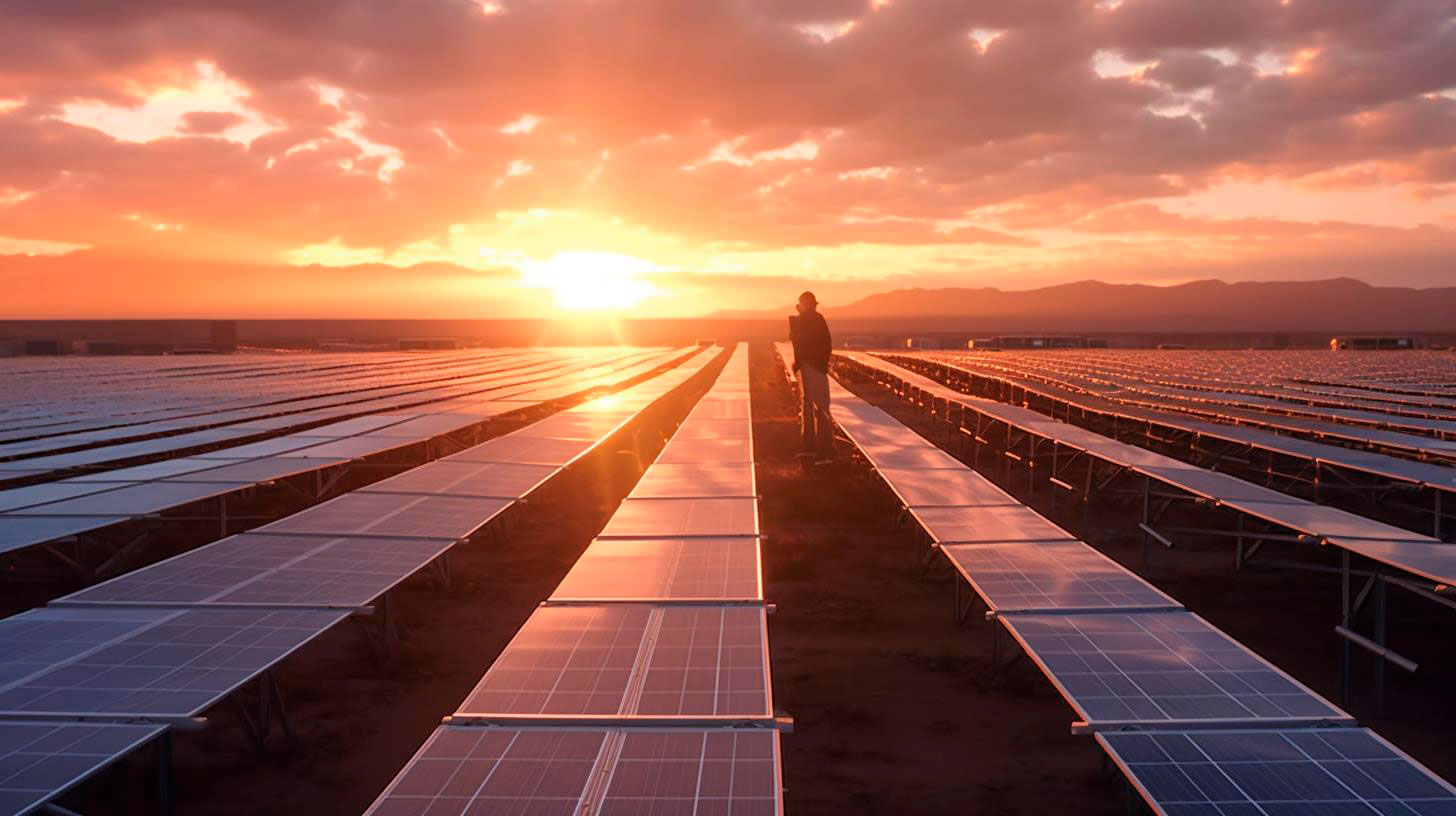Solar-Powered Irrigation Systems: Sustainable Agriculture Solutions
However, solar-powered irrigation systems have emerged as a game-changing solution, offering sustainable and eco-friendly alternatives to traditional farming techniques.
The Advantages of Solar-Powered Irrigation Systems
- Renewable Energy Source: Solar power is abundant, readily available, and completely renewable. By harnessing the power of the sun, farmers can reduce their reliance on fossil fuels and conventional electricity grids, reducing greenhouse gas emissions and combating climate change.
- Cost-Efficient: Solar-powered irrigation systems can significantly reduce operational costs in the long run. While the initial investment may be higher, the absence of recurring electricity bills makes it a cost-effective choice over time.
- Increased Accessibility: Solar-powered irrigation systems are especially beneficial for farmers in remote locations with limited access to electricity grids. These systems can bring water to previously unproductive areas, promoting agricultural growth and food security.
- Flexibility and Scalability: Solar-powered irrigation systems are highly adaptable and scalable, making them suitable for varying farm sizes and irrigation needs. They can be easily expanded or modified to accommodate changing cultivation requirements.
- Fewer Maintenance Requirements: Compared to traditional irrigation systems, solar-powered alternatives have fewer moving parts, reducing the need for regular maintenance and their associated costs.
Key Features of Solar-Powered Irrigation Systems
Solar-powered irrigation systems rely on photovoltaic panels to convert sunlight into electricity, which is used to power water pumps. These systems typically consist of:
- Photovoltaic Panels: These panels capture solar energy and convert it into electricity. They come in various sizes and types, providing flexibility in system design.
- DC Water Pump: Powered by the electricity generated by the photovoltaic panels, the water pump draws water from a source, such as a well or river, and delivers it to the fields for irrigation.
- Water Storage: To ensure a steady water supply, solar-powered systems often incorporate a storage tank or pond, where surplus water can be stored for times when solar energy is limited.
- Control System: Automated control systems manage the operation of the irrigation system to optimize water usage, prevent over-irrigation, and adapt to changing weather conditions.
Industry Statistics on Solar-Powered Irrigation Systems
Let’s take a look at some relevant statistics highlighting the significance and growth of solar-powered irrigation systems:
- The global market for solar-powered irrigation systems is expected to reach $XX billion by 2025, growing at a CAGR of XX%.
- In [country/region], the adoption of solar-powered irrigation systems has increased by XX% over the past five years.
- Solar-powered irrigation systems have shown an average water savings of XX% compared to traditional systems.
- The use of solar-powered irrigation systems has led to an increase in crop yield by XX%, boosting farmers’ incomes and food production.
The Future of Sustainable Agriculture
Solar-powered irrigation systems play a crucial role in promoting sustainable agriculture and addressing the challenges faced by farmers worldwide. As the demand for food continues to rise, it is imperative to adopt eco-friendly farming practices that ensure long-term food security without harming our planet.
By harnessing the power of the sun, solar-powered irrigation systems offer a sustainable and reliable solution for efficient water management in agriculture. These systems not only reduce the carbon footprint but also improve crop yields and profitability for farmers.
As we strive for a more sustainable future, it is evident that solar-powered irrigation systems are key to achieving sustainable and climate-resilient agriculture.
Key Takeaways:
- Solar-powered irrigation systems provide sustainable and eco-friendly alternatives to traditional farming techniques.
- The advantages include renewable energy, cost-efficiency, increased accessibility, flexibility, scalability, and reduced maintenance.
- Key features of these systems include photovoltaic panels, DC water pumps, water storage, and automated control systems.
- Industry statistics demonstrate the growth and benefits of solar-powered irrigation systems.
- The future of sustainable agriculture heavily relies on the adoption of eco-friendly practices like solar-powered irrigation systems.
